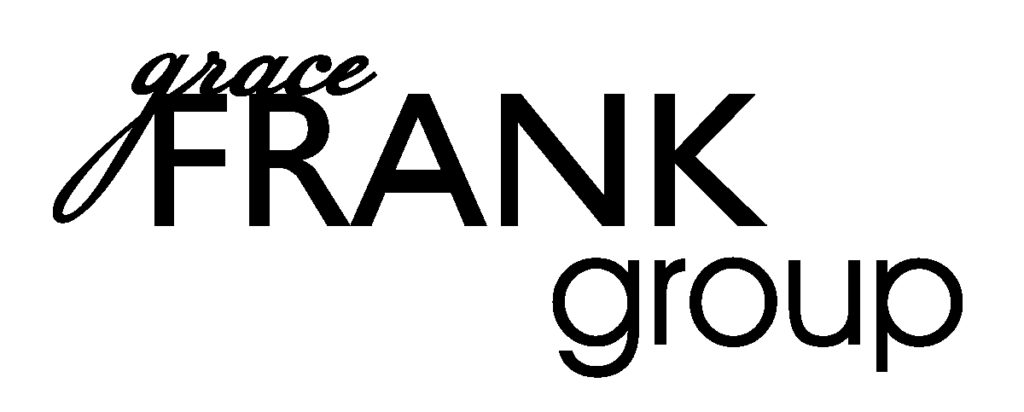How to Negotiate the Best Price when Buying
This post originally appeared on The Idea Hunters website, and was written by James “Jim” Kim, a commercial and residential agent in New York. You can find the original article by clicking here.
As a REALTOR, I’ve witnessed firsthand how emotional and stressful it can be to buy a house. And this makes sense, since for many people, purchasing a home is their largest financial investment they’ll ever make. From searching for homes online to taking tours and submitting offers, many buyers (and REALTORS, too) experience a rollercoaster of emotions when purchasing a house. However, if you want to negotiate a fair price on your next home and not overpay, it’s important to maintain your composure and control your emotions. Don’t get me wrong…of course you are allowed get emotional when selecting your new house and dreaming of you and your loved ones’ financial future. In fact, I encourage my clients to let their imaginations run wild and envision their dreams becoming reality. However, the actual negotiation for the purchase price of the home should be purely logical. Check your emotions at the door and get ready to come correct to the negotiation table armed with nothing but numbers, reason, and cold, hard facts. If you want to save money when purchasing real estate, you need to keep your ultimate goal (e.g. living in your dream home) in mind.
What Does a REALTOR Do When You are Buying a House?
During a negotiation for a home purchase, part of a REALTOR’s job is to facilitate communication between the buyer and seller. However, a truly exceptional REALTOR is so much more than just an order taker. A good REALTOR on your side will help you stay on your path to achieving your real estate goal. And by sticking to a well-executed gameplan, you will set you and your loved ones up for a bright future in the right home. And that’s what you really want when buying a home…isn’t it?
If so, then please continue reading these:
5 tips on how to negotiate the best price when purchasing a home
1. If financing your purchase of a home, get prequalified for a mortgage
This should really be every home buyer’s FIRST step BEFORE looking at any home. After all, if you find a home you want to buy, doesn’t it make sense to know that you can actually afford it in the first place? And don’t forget, there are many options besides the traditional “20% down/30-year fixed rate” mortgage. Check with your loan representative to see if you qualify for mortgage options that allow you to put as little as 3-5% down, such as an FHA or VA loan. By getting your finances in order and having prequalification (or proof of funds if you are making a cash offer), you are presenting yourself as a buyer with financing that is likely to be approved without a hitch, ensuring a smooth transaction in the shortest period of time. Position yourself as the most favorable buyer among all the purchase offers with rock-solid financing, and you might save yourself tens of thousands of dollars in the end.
Isn’t that something you really want to do when buying a house?
2. Learn as much as you can about both the house AND the seller’s motivation
A competent buyer’s agent can help you understand the seller’s financial position and reason for selling.
Every REALTOR has access to data about the property that can help in the negotiations, such as how long the house has been on the market. A seller whose house has been sitting for 6 months or longer on the market without being sold is in a worse negotiation position than a seller whose home was just listed.
A REALTOR can also find out useful information such as if the seller has already purchased a home and relocated. In such a case, the seller may be willing to accept a lower offer in lieu of paying two mortgages as well as two sets of property taxes, utilities, HOA’s, etc. Also, if the current owners are facing a foreclosure on the property, then your REALTOR will tell you this and set a negotiation strategy accordingly.
REALTORS can also tell their clients if there have been other offers on a property, simply by asking the listing agent or checking the history of the listing. If the house has been on and off the active market, or under contract, withdrawn, and then re-listed, your REALTOR can find out why. By digging into the data and understanding the signs that determine a seller’s willingness to offload their real estate property, you can offer a lower offer within reason as recommended by your REALTOR.
3. Make a smart initial offer
It’s a classic negotiating mistake to come in with a first offer bid to grossly lowball an offer to purchase and royally tick off the seller (pardon my French). Of course, the opposite is true as well. Buyers go in too high and end up overpaying by too much.
Again, this is where an experienced REALTOR can help their clients to make a smart real estate decision. Even before making the first offer, you as the buyer must know the highest price you’d be willing to pay to buy the home.
Once you have this firm number in mind, you must tell your REALTOR so you can both work backward from that highest price number to make that all-important first offer. Your REALTOR should also provide you with important data that compares pricing information for similar homes in the area, including how the interior and exterior features stack up against the home you are purchasing.
Homes that are similar in features like an updated kitchen and a two-car garage would be expected to net the same price. Comparable homes should also be recent sales (within the past 6 months, if possible) or actively on the market now. Once you and your REALTOR come up with your number, make an offer and if the price aligns with the seller’s motivation, then you can walk away with tens of thousands of dollars more in your pocket.
Plus, you’ll live in the home you want. Sounds nice doesn’t it?
4. Don’t let emotions interfere with logic and reasoning
I advise clients to view the act of purchasing a home as a business transaction where the buyer’s intention is save money and get the home. However, there are other ways to save money when buying a home besides a lower final purchase price.
For example, if an initial bid is countered by the seller, then a buyer may be advised to increase their price but also ask for discounts elsewhere, such as including a home warranty or reimbursing for closing costs. And if the price is not at or below the agreed-upon highest price of willing to be paid by the buyer, then it’s up to the buyer’s REALTOR to clearly indicate to the listing agent that their client is willing to walk away from the deal and look at other houses. This might be all it takes to ruffle the seller’s feathers and get them to take your offer.
It’s also important to remain steadfast during a “multiple offer situation”, where several offers are presented to the seller to consider at the same time. Just because other buyers want the home does not mean you should stretch beyond your agreed-upon number. And I would not recommend to buyers that they waive any essential concessions, such as a home inspection that might reveal an unfavorable condition after closing.
5. If at all possible, limit or avoid any contingencies with your offer
Your REALTOR will tell you that sellers prefer offers that are straightforward and have minimal hassle. While some contingencies like a passing home inspection and health and safety checks should be included, you should think twice before introducing anything that the seller might feel is not worth bothering to do and look at other offers.

